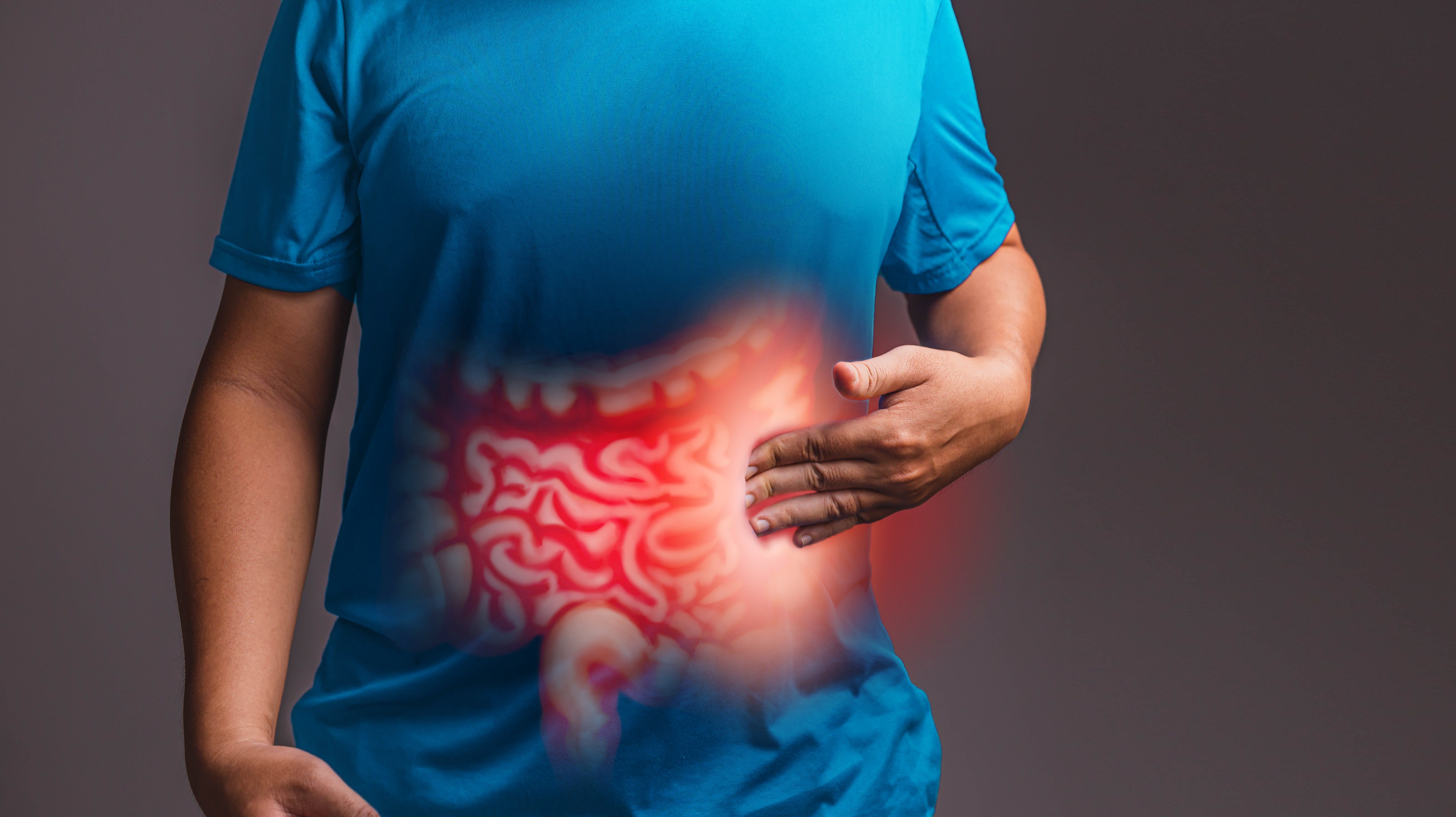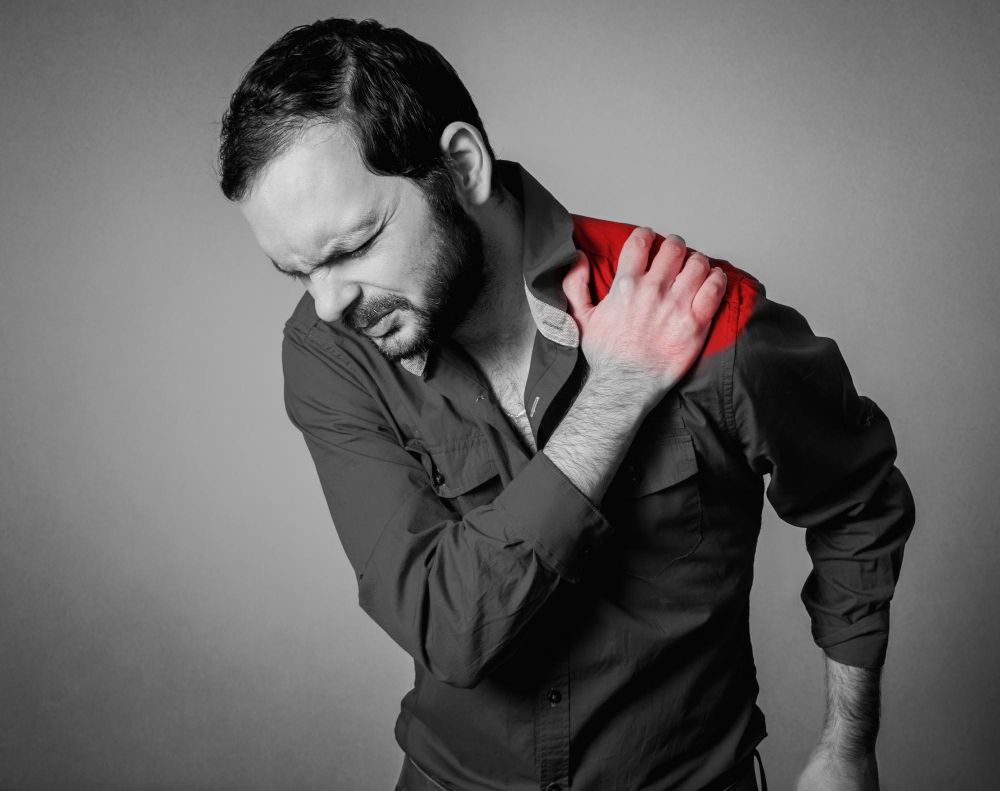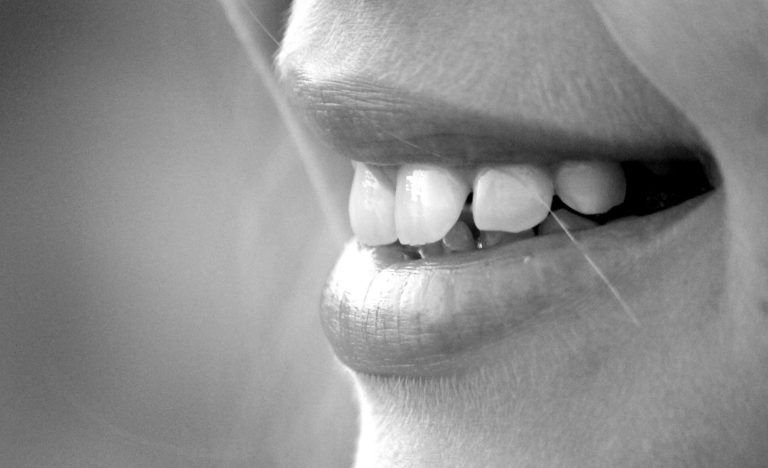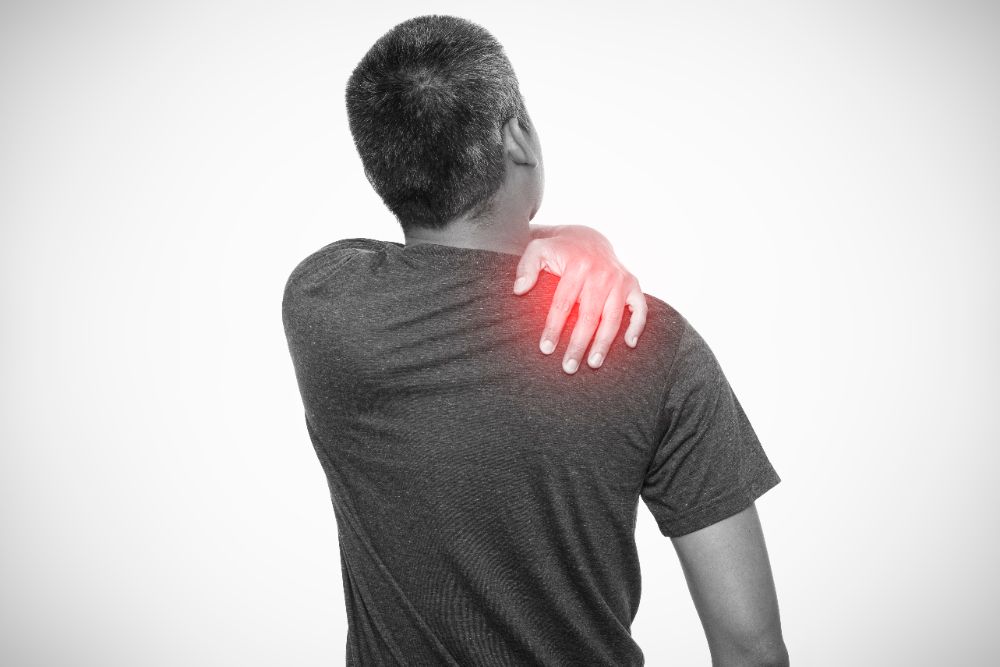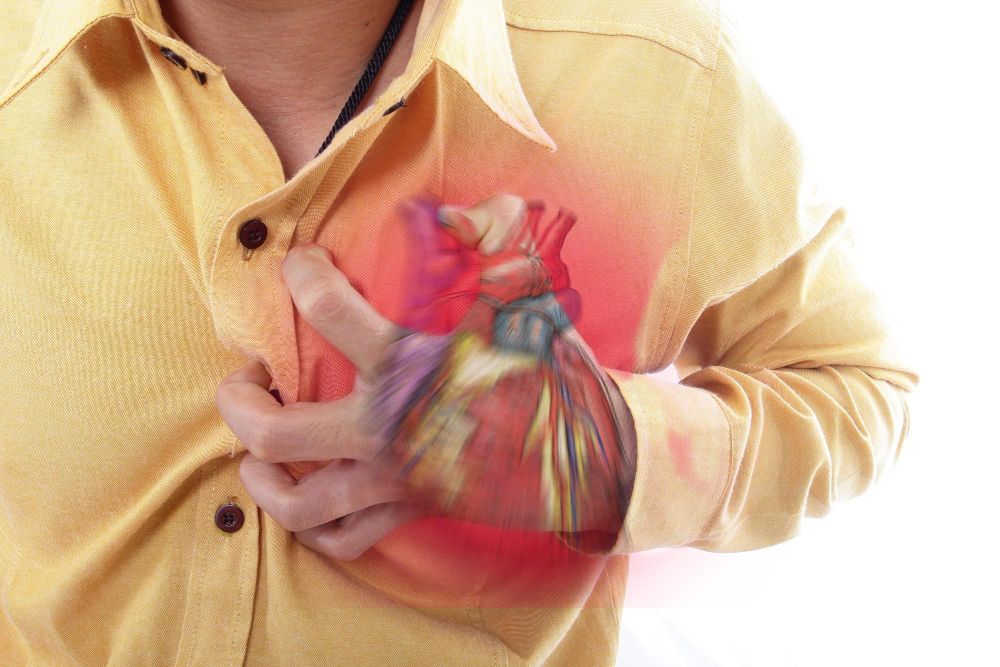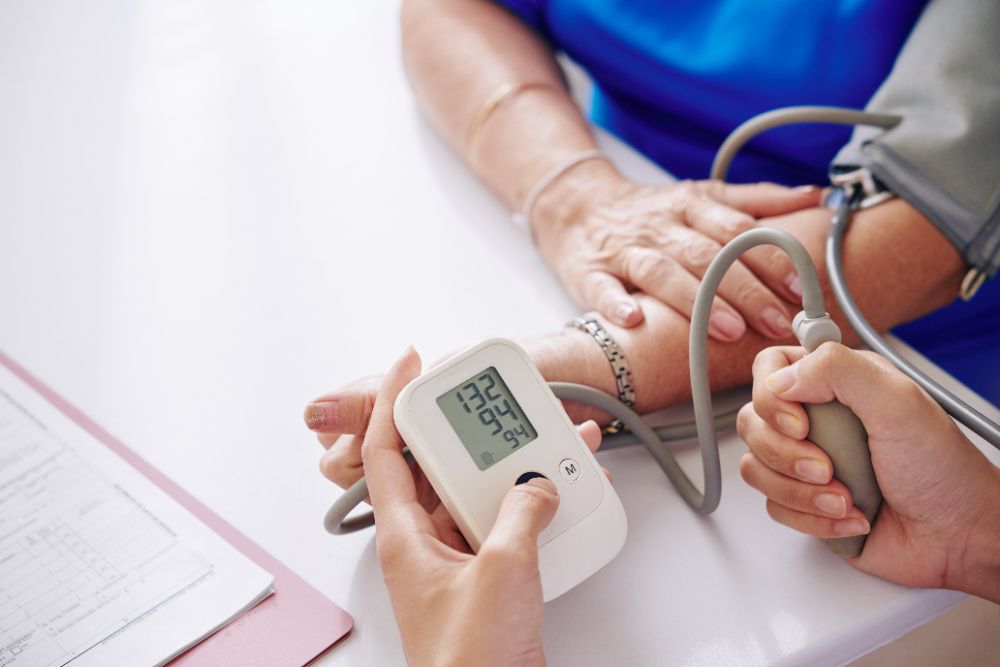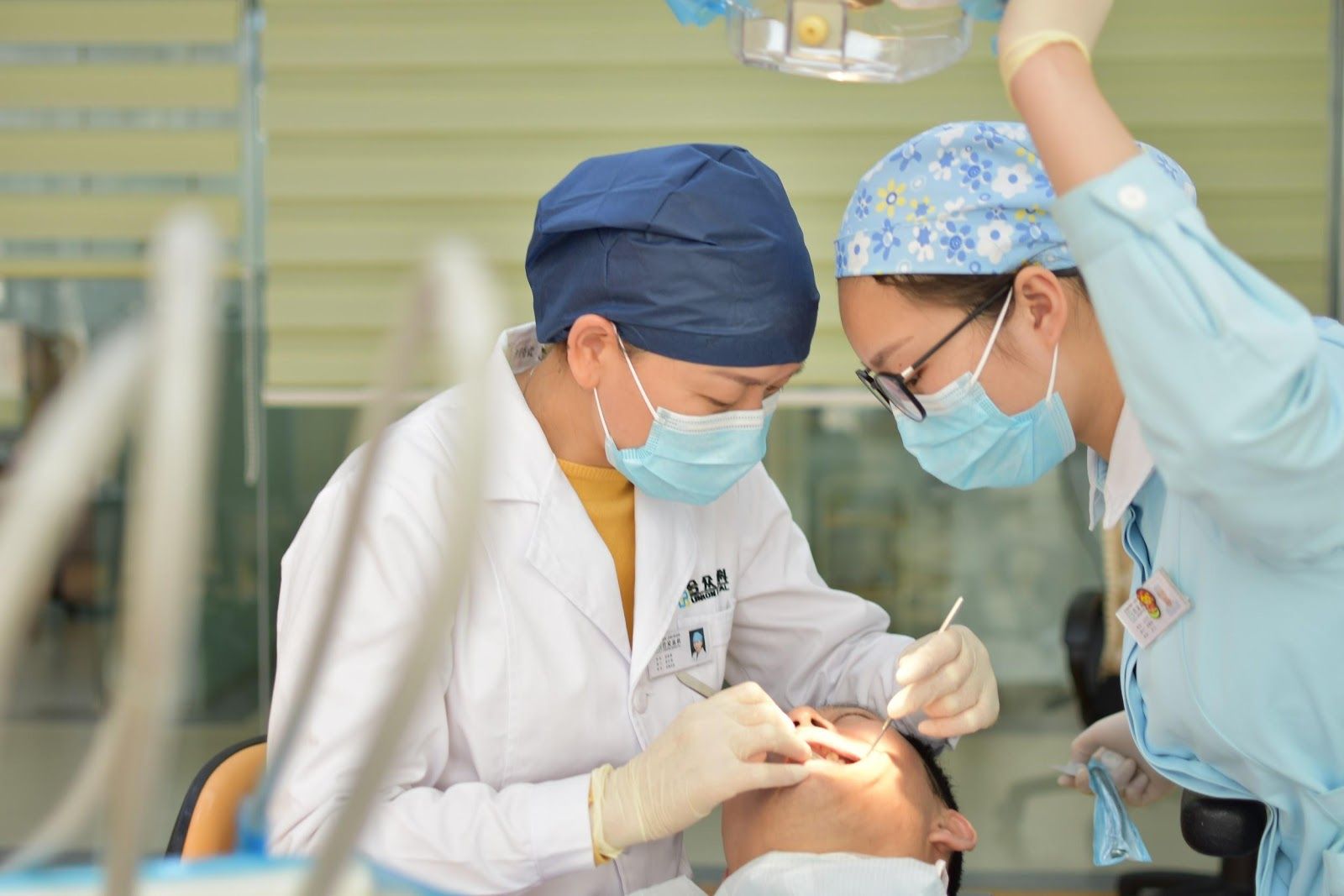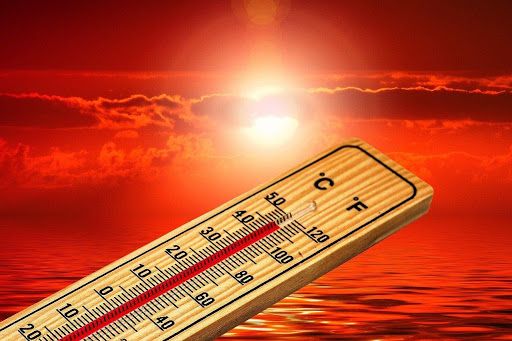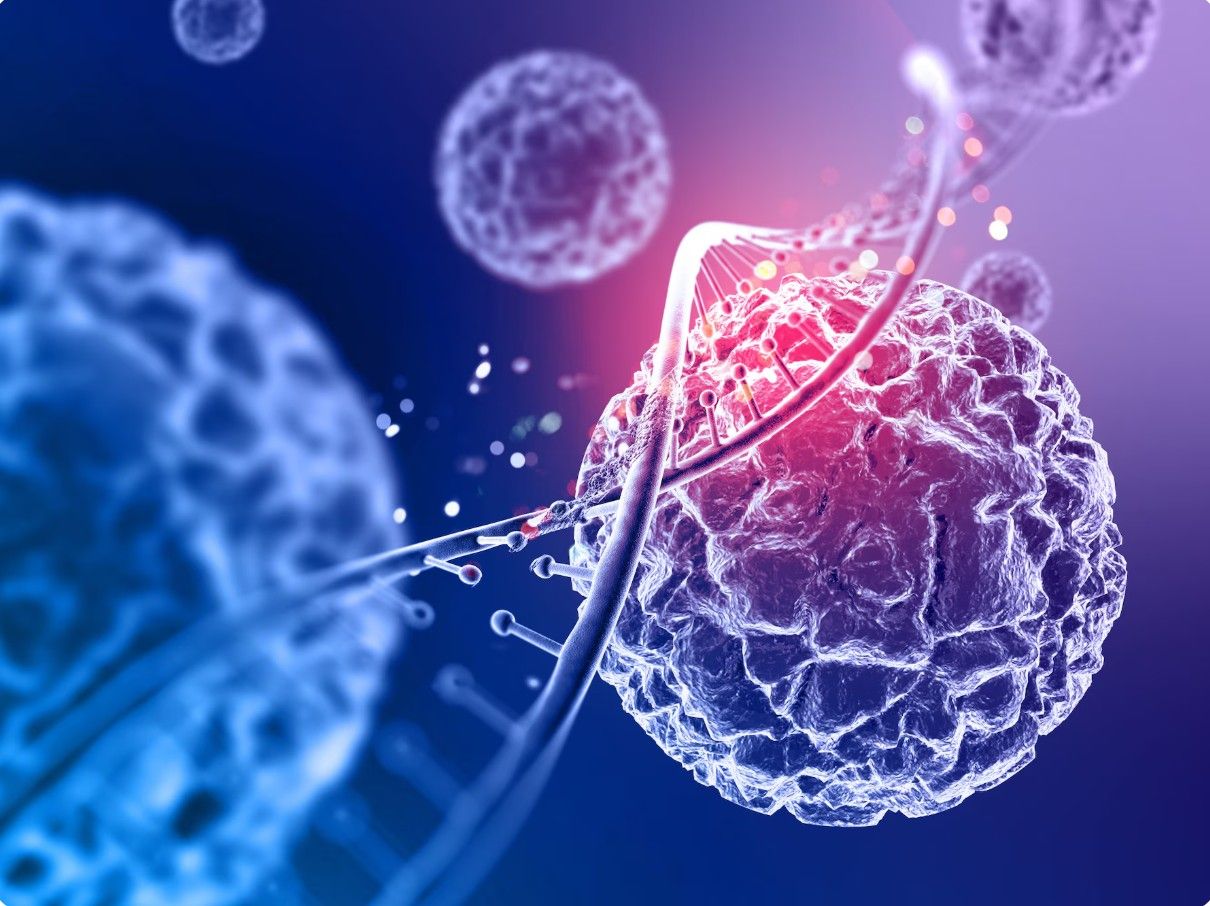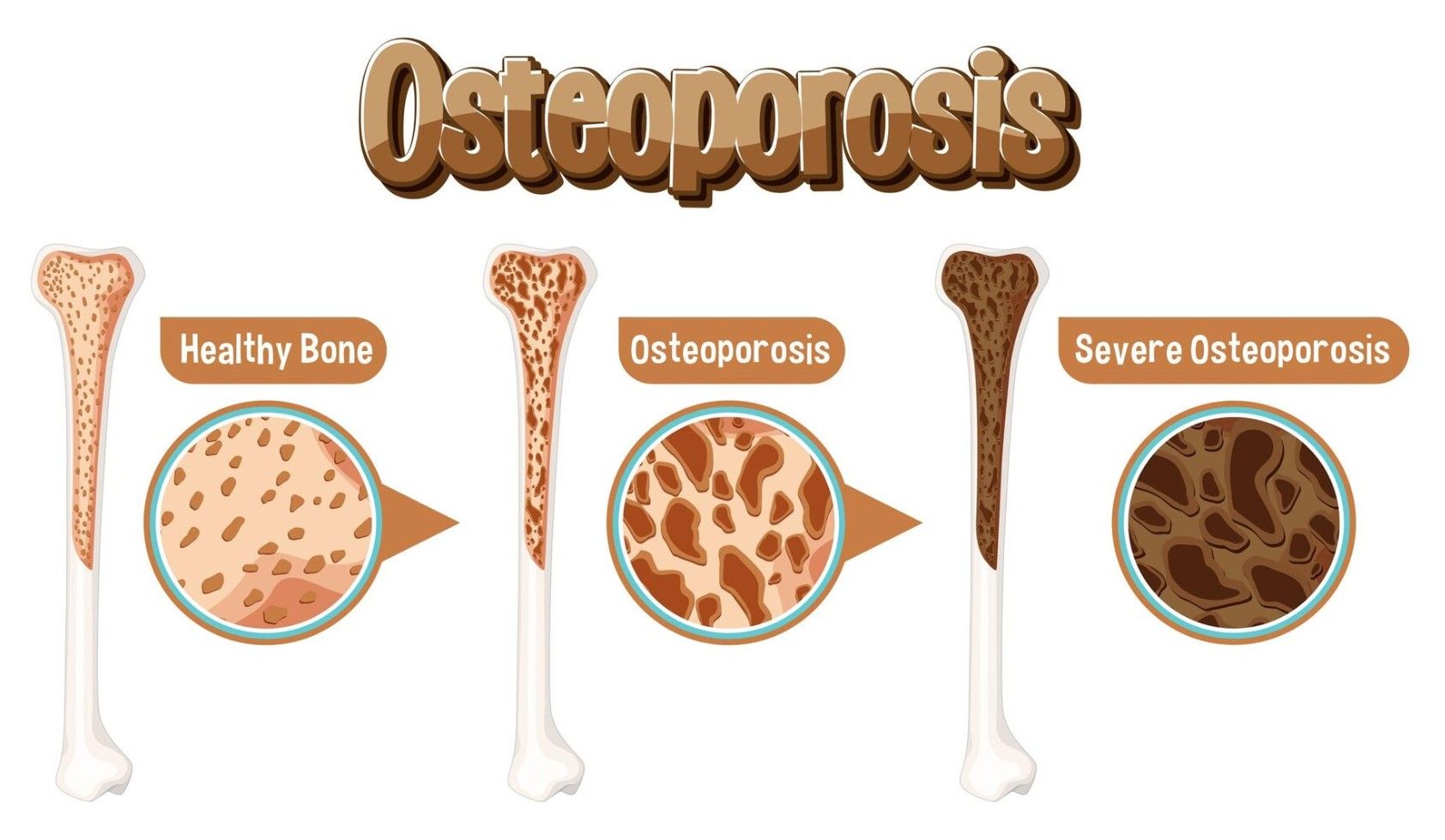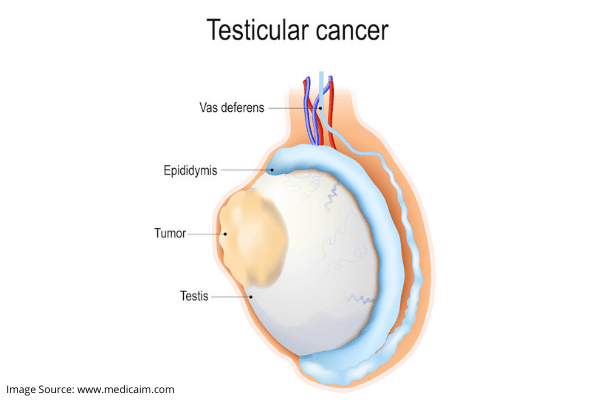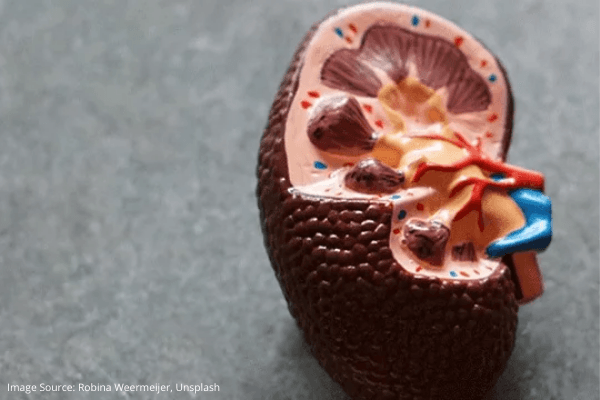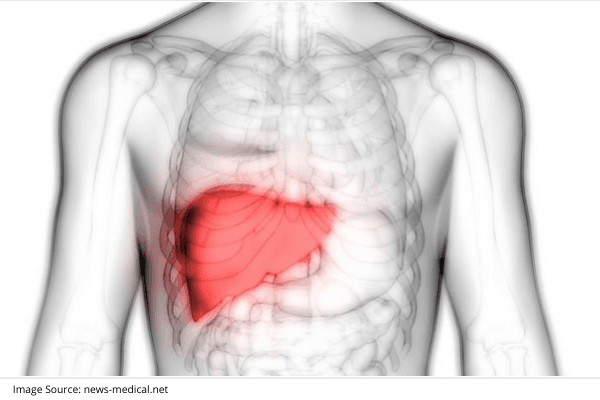Debunking Gastroenterology Myths: Unraveling the Truth About Liver Disease
Misunderstandings and myths, unfortunately, can often surround the topic of liver disease. These misconceptions can not only mislead individuals but also potentially harm their health due to poor decisions based on incorrect information. This article aims to debunk prevalent myths surrounding liver disease, thus clarifying misunderstandings and helping individuals make well-informed decisions about their liver health.
Myth 1: Liver Disease is Solely the Domain of Heavy Drinkers
One of the most common misconceptions is that only chronic alcohol consumers fall prey to liver disease. Although heavy alcohol use is a significant risk factor for liver damage, it is not the sole cause. Liver disease can also stem from various other causes like viral infections (hepatitis B and C), autoimmune diseases, genetic disorders, obesity, and certain medications. So, it is a misconception that liver disease exclusively affects heavy drinkers.
Myth 2: Liver Disease Always Comes with Noticeable Symptoms
Liver disease is often a silent intruder. The misconception that liver disease will always make its presence known through symptoms like jaundice (yellowing of the skin and eyes), abdominal pain, or unusually dark urine can lead to missed diagnoses. Many liver diseases can remain undetected for years, gradually causing damage, and symptoms might not appear until the liver is significantly affected. Regular health check-ups and screenings are important, especially for those at risk.
Myth 3: Liver Disease is life-threatening
This myth is quite untrue. While some severe liver conditions, such as end-stage liver failure, might necessitate a liver transplant, many liver diseases can be managed effectively with lifestyle adjustments and medical treatment. Early diagnosis, followed by appropriate treatment, can mitigate the progression of liver disease, lessen symptoms, and improve life quality. For accurate diagnosis and personalized treatment, consulting a healthcare professional specializing in liver diseases is essential.
Myth 4: Liver Disease is Exclusive to Older Adults
While certain liver conditions like nonalcoholic fatty liver disease (NAFLD) are more common in middle-aged and older individuals, liver disease doesn't discriminate by age. Even children can suffer from liver diseases. Some liver conditions, such as autoimmune hepatitis or viral hepatitis, can occur at any age. Understanding this is vital to encourage early detection and treatment, as younger individuals might overlook symptoms, believing they are related exclusively to an older age.
Myth 5: Detection of Liver Disease is Impossible Until it's Too Late
There's a common belief that liver disease can't be discovered until it has advanced substantially. This, however, isn't the case. Regular blood tests and imaging studies often help in identifying liver disease in its early stages. Tools such as liver function tests, ultrasound scans, and CT scans can reveal evidence of liver harm, like fatty liver or scarring, even before severe symptoms show up.
Myth 6: Liver Disease Only Impacts the Liver
The notion that liver disease only harms the liver is incorrect. It can also influence other parts of the body. For instance, a condition known as Cirrhosis can result in complications like abnormal blood vessels, fluid buildup in the abdomen (ascites), kidney failure, and a state of confusion or coma caused by liver failure (hepatic encephalopathy). As a result, the effects of liver disease can be far-reaching and can impact overall health.
Myth 7: A Healthy Liver Cannot be Damaged
There's a misconception that if you're generally healthy, your liver is immune to damage. That's not true. Even with good overall health, your liver can still be prone to damage. Factors like a poor diet, lack of physical activity, exposure to harmful substances, and misuse of alcohol can all lead to liver damage. So, it's crucial for everyone to take measures to safeguard their liver health.
Conclusion
Understanding the truth about liver disease is integral to sound health decisions. By debunking these common myths, we hope to encourage individuals to seek timely medical advice, undergo appropriate screenings, and make informed choices regarding their liver health. Remember, accurate diagnosis, prevention, and treatment strategies require consultation with a qualified healthcare professional. Staying informed and proactive is the best way to maintain your liver and overall health.
Ten Effective Remedies That You Can Refer to When You Are Suffering from Muscle Cramps
Finally starting off with the gym life can get too overwhelming until you hit those muscle cramps along with the weights.
Skin Tags - Benign Tumor or Cancerous Tumor?
Skin tag if observed is a narrow stalk that hangs about your skin, bulging at the end. They are usually freshly colored and can grow anywhere on your body.
Rotator Cuff Tear
A rotator cuff tear is a rotator cuff injury that can cause shoulder pain and loss of arm function. The rotator cuff is a set of muscles and tendons in your shoulder.
Importance of Parental Counselling
Right from the moment you tell your friends and family about your pregnancy, little hints keep coming your way on parenting your unborn child!
Taking Care of a Terminal Patient? Here Are Six Ways to Help Them to the Fullest
A terminally ill patient is someone who has a relatively short life expectancy. Terminally ill people are usually shifted from an actively curative medicinal regime
Stages of Tooth Decay and Their Treatment Options
Tooth decay refers to the degradation process of the structure of the tooth resulting in permanent damage.
12 Home Remedies for Dry Cough
The flu, common cold, asthma, cigarette smoke exposure, and other conditions can all cause a dry cough. Home remedies such as honey, peppermint, and air purifiers may be beneficial.
Shoulder Dislocation
Shoulder dislocation occurs when the bones of your shoulder joint are pushed or forced out of their normal positions.
5 Facts to Keep in Mind for Your Monthly Menstruation Cycle
Our menstruation indicates multiple activities within your body. Every month, your uterus forms a thicker lining for the ovary to release an egg for a possible pregnancy.
Different Types of Diabetes
Junk food and increasing physical activity are leading to a worldwide epidemic of obesity, resulting in diseases like diabetes
Dilated Cardiomyopathy
Dilated cardiomyopathy is a form of heart muscle illness in which the heart chambers (ventricles) weaken and stretch, becoming bigger.
Hypertension (High Blood Pressure)
High blood pressure, also known as hypertension, is a condition in which the blood flow against the inner walls of the arteries is persistently high.
3 Cosmetic Dentistry Procedures You Did Not Know About
Over the past few years, cosmetic dentistry has undergone significant evolution in society. With the increasing demand for cosmetic dentistry, it is no longer a luxury; it has become a necessity.
5 Lifestyle Changes That Will Help with Your Urinary Incontinence
Urinary Incontinence is quite a painful and embarrassing condition to have. It refers to the loss of bladder control, which can vary from a slight release of urine after sneezing, coughing, or laughing, to a complete inability to control urination.
5 Tips This Summer to Avoid Heatstroke
Certain jobs demand fieldwork in the scorching heat. The warm weather, bright sun, and the blue skies are not always an excellent working environment for them at all.
6 Home Remedies for Yeast and Vaginal Infections
Yeast infection is common among women. You might have had the experience of irritating soreness and itching that prolonged for days due to not knowing about the cause.
Aortic Dissection
An aortic dissection is a tear in the aorta. This is the primary artery that transports oxygen-rich blood from your heart to the rest of your body.
Bariatric Surgery and Weight Loss
Bariatric surgery, also known as weight loss surgery, is performed on individuals suffering from obesity. It involves a variety of procedures that help maintain long-term weight loss and also aid in treating obesity.
Best Foods to Cleanse Your Liver
Your liver is one of the largest organs in your body and its primary function is to filter the system by converting toxins to waste products, cleansing your blood and process various nutrients.
Infertility and its Major Causes and Treatments
Infertility is an issue that’s on the rise – not just in India but all over the world. It’s estimated that, on average, one out of every six couples has had issues with infertility.
Precautions to be Taken to Avoid Eosinophilia
Let’s begin with talking about eosinophils – they are just a type of white blood cells that are laden with reactive chemicals which get released under specific conditions to cause mayhem in the body
What is BMD Assessment and its Significance in Treating Osteoporosis
Osteoporosis is that creepy monster lurking in the dark, waiting to manifest itself as you age and get less active.
Signs of Testicular Cancer
Men have a pair of testicles located in a sac-like pouch called the scrotum. It forms part of their reproductive system and are responsible for sperm production.
Signs and Symptoms of Kidney Stone
Your kidneys are very important organs in the body; they regulate water content, filter waste from blood, and produce hormones.
Treatment For Liver Failure
Treatment for liver failure depends largely on the causative agent; for example of it’s due to hepatitis virus infection, then hydration and supportive care needs to be provided while the body’s immune system fights back. If it’s due to gallstones,
Related Blogs
Ten Effective Remedies That You Can Refer to When You Are Suffering from Muscle Cramps
Finally starting off with the gym life can get too overwhelming until you hit those muscle cramps along with the weights.
Skin Tags - Benign Tumor or Cancerous Tumor?
Skin tag if observed is a narrow stalk that hangs about your skin, bulging at the end. They are usually freshly colored and can grow anywhere on your body.

